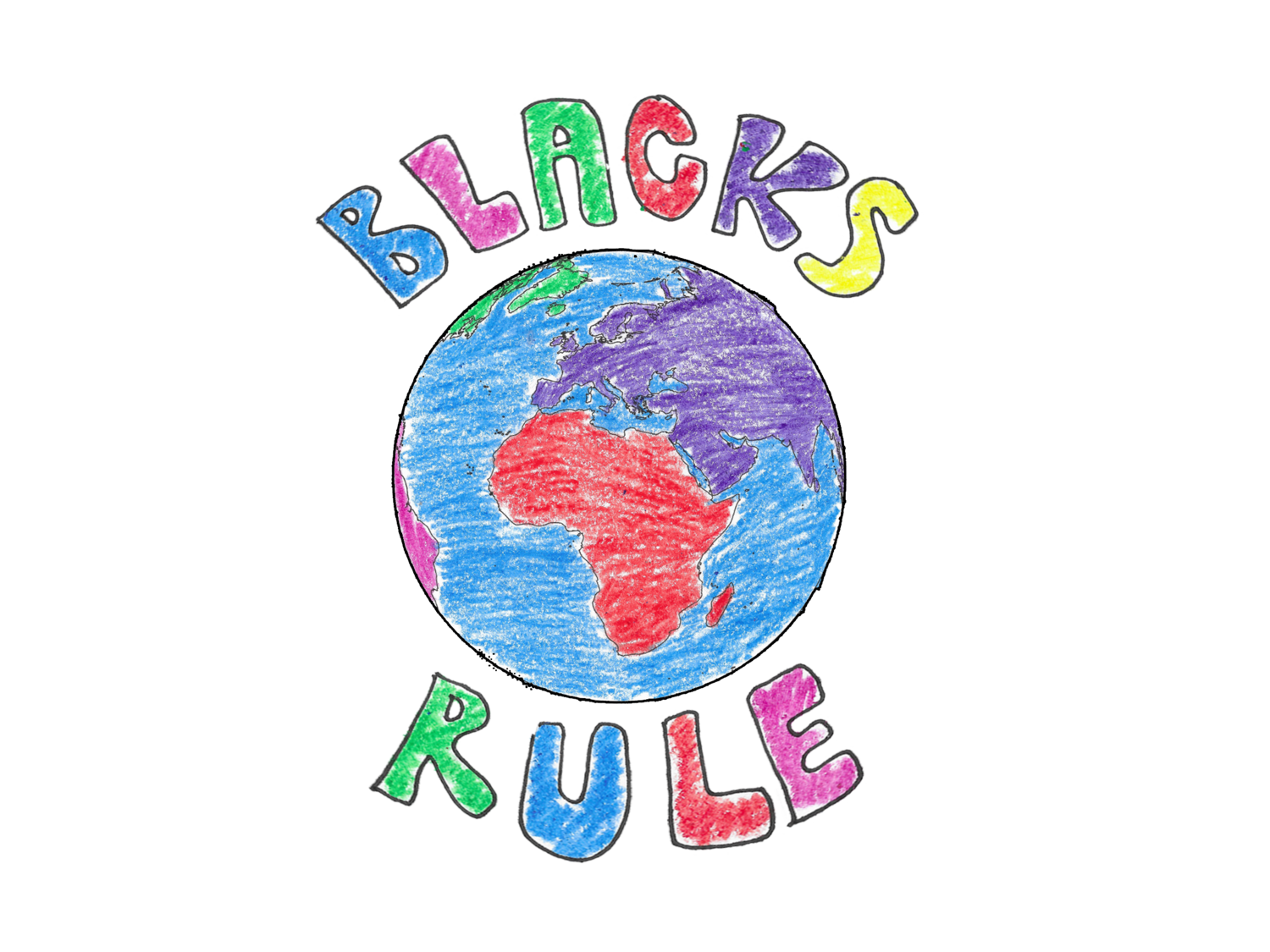Dorothea Smartt
Robert Taylor
Dorothea Smart, the daughter of two immigrants from Barbados, was born in London in 1963.
When her older sister left for college, she turned to her diary to cope with the loneliness, writing some of her first poems.
In the 1980s, she was looking for the Black Lesbian Group and accidentally joined Brixton Black Women’s Group instead, one of the first and most important black radical organizations in London at that time.
She utilized her interest in culture and music to help organize and write book and theatre reviews for the group’s newsletter, Speak Out.
Thanks to some of the women in the group, her poetry was incorporated into a live art piece performed at Brixton Art Gallery.
Her first published work was in an anthology produced by the small publishing collective, Black Women Talk.
She took the racist experience of once being called ‘medusa’ at school because of her hair and turned it into a solo performance piece, “Medusa,” combining poetry and visuals.
“Medusa” was later selected to showcase seminal and outstanding examples of Black British Live Art.
She went on to produce other works like the live art piece "fo(u)r women"; the installation “Triangle” (a Black Arts Alliance commission) and the multi-media/live art “Hairroots”, inspired by her poetry collection.
In 2001, her first poetry collection, Connecting Medium was published, “a powerful sequence of poems about a black Medusa.”
In a 2001 Poetry News interview, she discussed using her 'Bajan voice' in her poems, saying, “I learnt to speak English from my parents, who speak in a very particular way. So I use language in a very particular way, and I always say to people, poetry saved my Bajan voice. It used to be something I was embarrassed out of, but it’s the voice that I love, it stops me in my tracks even now . . . I wanted to save it, I didn't want to lose that way of expressing myself.”
She also became Brixton Market’s first Poet-in-Residence and an Attached Live Artist at the Institute for Contemporary Arts.
Her second poetry collection, Ship Shape, was published in 2008, “a sequence of poems set in Lancaster that excavate the missing history of Samboo, an African slave brought from the Caribbean by a Lancaster sea-captain as a present for his wife.”
Her third poetry collection, Reader, I Married Him & Other Queer Goings-O, was published in 2014, “about Black diasporic love at its most radical and life-affirming.”
She served as SABLE LitMag’s poetry editor, co-editor of Words from the Women’s Cafe, and taught creative writing at schools like Birkbeck College, University of London, and the University of Leeds.
In 2019, she was appointed a Fellow of the Royal Literary Society.


